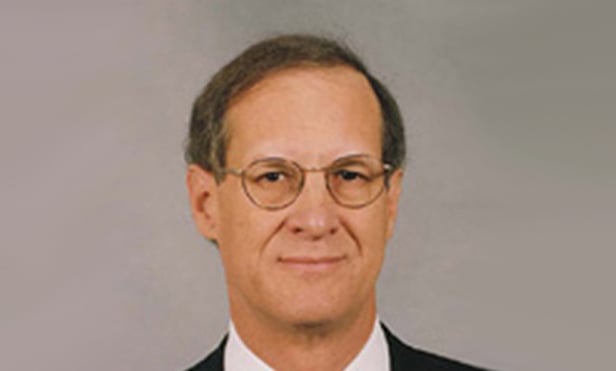
At the Lodging Conference closing session in 2015, I made the statement that the party was over and owners should talk to their broker about selling. It seemed obvious that occupancy had risen to its possible high, and that ADR had risen to a point that there would be price resistance given that guests can now compare prices easily online, and brand loyalty is being diminished by the huge proliferation of new sub brands. The recent CBRE paper that says the industry was surprised by the failure to meet budget in 2016, and likely in 2017, seems to simply prove the point that the hotel industry lives in a world of its own of overoptimism and pundits who are reluctant to be the bearers of reality.
On average, there is a maximum practical occupancy that hotels can achieve no matter what the demand. Most markets are not New York where occupancy can be over 80% on a consistent basis. Most locations do not have the international and national tourist inflow year round that New York has. So, to assume that occupancy can just keep rising is simply ignoring reality. There is also a clear failure to recognize that, just as happened with Amazon and retailers, there is now the ability for consumers to compare price value on hotels, and to make simple choices based on price.
The big brands seem to think that brand proliferation is the answer. I would argue it is just the opposite. There are so many sub-brands now that nobody knows one from the other anymore, so it now becomes a price issue, not a brand selection issue in many cases. There is now always a new brand to try. .As more millennials are part of the customer base, there is far less loyalty, and much more incentive to shop price given there are no longer just a few brands.
Older consumers got used to the main brand names and had rewards points. Now young people have no such history with a brand, and likely no longer even know one brand from another given the huge number of names. Then add Airbnb which is taking a material share of the market now. All of the industry consultants can claim Airbnb is not much of a factor, but that is denying reality. They fill thousands of beds every night, and over 10% are business travelers and growing. Most of those thousands of heads in beds would have been in a hotel bed were it not for Airbnb, so claiming it is not a major factor is just kidding themselves.
Airbnb proves that it is price more than brand, design or amenities that matter to many consumers. Most of Airbnb is not induced travel any longer. So we have a combination of the Amazon type effect of online shopping, brand proliferation destroying brand loyalty, younger consumers who have no real loyalty, and a new huge brand that under prices traditional brands.
Add to this the fact that ADR has risen substantially over the past eight years, and there is now price equilibrium—meaning you can only raise prices so far and then new supply arrives, and the consumer will trade down, or easily shop for a bargain from competitors. The OTAs just exacerbate this problem. Supply is increasing as fast as demand growth, so there is no shortage of supply to drive prices.
What was it that led the pundits and managers to ever think they can keep raising ADR beyond inflation? Why was anyone surprised?
Hotel rooms now are fungible just like all other products. Just go online and shop, just as you would for any other product. With all the new brands, there is a wide selection of me-too rooms across the universe of brands. Young people are not as interested in the inside of the room, and are interested if they have connectivity, and are near entertainment areas or other activities, and a cheaper price.
So the sub-brands can add this or that design or amenity, but so does the competition, so it is a race to higher costs and tougher competition. Even though the economy is now much stronger since the election, and will continue growing when tax reform is passed and deregulation is even greater, there is new supply to fill the demand, and only so many people in the US population, which is growing slowly, especially with the dramatic clampdown on immigration.
The hotel industry needs to recognize that all the growth over the past eight years has been almost all catch-up to 2007. Hotels suffered a drastically greater decline in demand, pricing power and value than any other real estate product, and much more than most other operating businesses. Almost all of the growth since 2009 has merely been just getting back to where things were on an inflation adjusted basis, while everyone else was moving ahead of where they had been.
Just compare hotel industry NOI today with 2007, and to the S&P 500 earnings numbers, and it is obvious. It took until mid-2015 just to be back to 2007 levels, and for many it was later. Budgeters need to get realistic. The growth from 2009 to 2015 is over and done. Not to be repeated. The domestic industry will be lucky to have net cash flow to equity stay flat over the next few years as labor costs and interest rates rise, and capital costs to upgrade technology increases.
© Touchpoint Markets, All Rights Reserved. Request academic re-use from www.copyright.com. All other uses, submit a request to [email protected]. For more inforrmation visit Asset & Logo Licensing.







